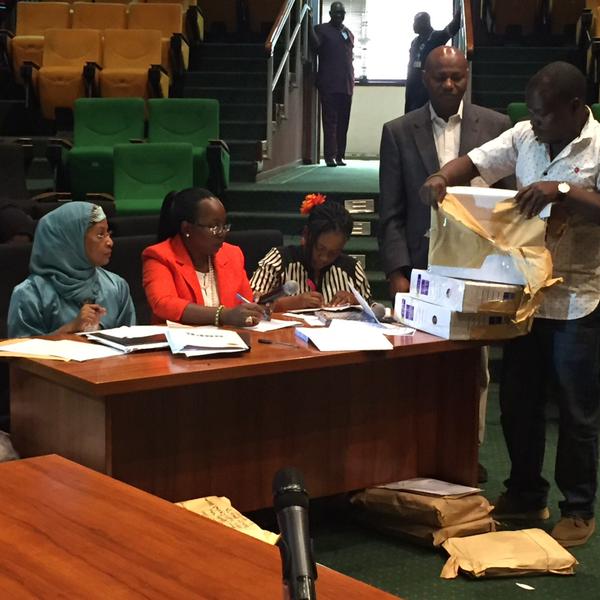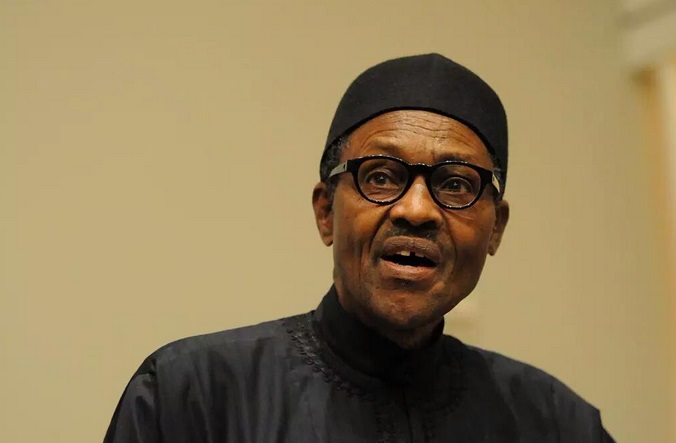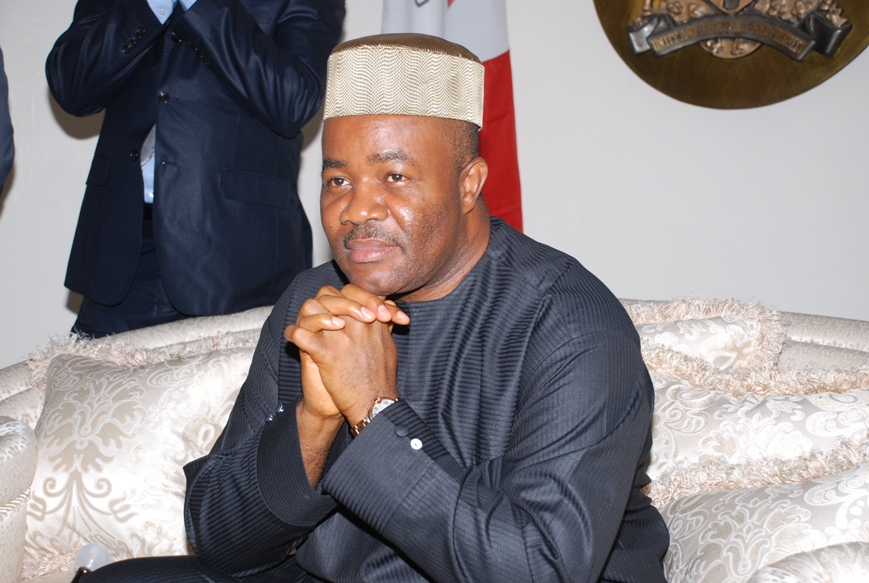A hundred and one oil firms have registered their willingness to enter into crude-for-petroleum deal with the Nigerian National Petroleum Corporation (NNPC), by submitting bids for Offshore Processing Agreements (OPAs).
The bid, which was moderated by Sophia Mbakwe, the corporation’s general manager, supply chain management, is in line with NNPC’s most recent frame work scheduled to begin in the corporation and run till the country’s refineries are up and running at efficient capacities.
According to Esther Ogbue, managing director, Pipeline and Products Marketing Company (PPMC), the criteria for selection include evidence of a minimum turnover of N200b ($1billion) and affiliations with refineries processing crude within the OPA framework.
“We are looking at people who have refineries, affiliations with refineries or access to refineries. So you have to show us a proven agreement that has been signed so that we can sort of eliminate the third parties in these arrangements,” she said.
Advertisement
“We are also looking at those who have the muscle to support this arrangement, so we placed the minimum turnover of these companies to at least $1 billion.
“We also want our people and Nigerians to be trained, so you must show us concrete plans to train Nigerians who work with these companies and transfer knowledge to Nigerians.”
Explaining the mode of operation, Ogbue said the NNPC would commit around 210,000 barrels of crude oil per day for the OPAs at an appropriate price.
Advertisement
“This process entails taking our crude to refineries, processing it at the refineries while we pay a processing fee. Nigerians are encouraged to participate, but they must give us the right price.
“If you don’t give the right price, then it would affect you and me when we get to the petrol station, when we want to buy petrol, kerosene or LPG.
“We have 101 bids while 445,000 barrels per day is the volume involved. Currently, we have 210,000 barrels per day going to the OPAs, so the intention is that when our refineries work better, we hope that there will be a drastic reduction from the 210,000bpd being allocated for the OPA arrangement.”
The public bid is the first OPA by the NNPC to be televised live, reinforcing the NNPC’s most recent commitment to transparency and accountability.
Advertisement
“It’s an open bid process, we will have a multi-disciplinary committee that will actually access these bids and the outlines have been stated.
“After that those results will also be publicly announced, so everything is being thrown up to the open so that there will no doubt about the process. We are hoping that this arrangement will be in place in January and will last for 12 months.”
Ibe Kachikwu, group managing director of the NNPC, who spoke regarding the OPAs, said he was making the process open and devoid of his influence so that it can continue without him in the future.
“NNPC’s doors are being opened very wide to the sector and the whole idea is to get results that are beneficial for the country, cut costs for the corporation and at the same time send the right kind of message about where we are headed,” he said.
Advertisement
“The OPAs are very important because they would make refined products available that we sell at our stations in the absence of our refineries working at the levels that they should.
“One of the reasons I have asked the GED for refineries to be here is so that he has the responsibility of taking me out from future OPAs.
Advertisement
TheCable had reported President Muhammadu Buhari’s plans to name a new NNPC GMD, while Kachikwu would be minister of state for petroleum resources while Buhari would head the ministry himself.
Some of the companies who expressed interest in the public bid, which held in Abuja on Thursday include, Sahara Energy Limited, Oando Plc, Rain Oil Ltd, Forte Oil Plc, Eni Trading and Shipping, Shell Western Supply and Trading Ltd.
Advertisement
Nigeria Extractive Industries Transparency Initiative (NEITI) and Bureau of Public Procurement (BPP) observed the entire bidding process.
Advertisement
Add a comment







